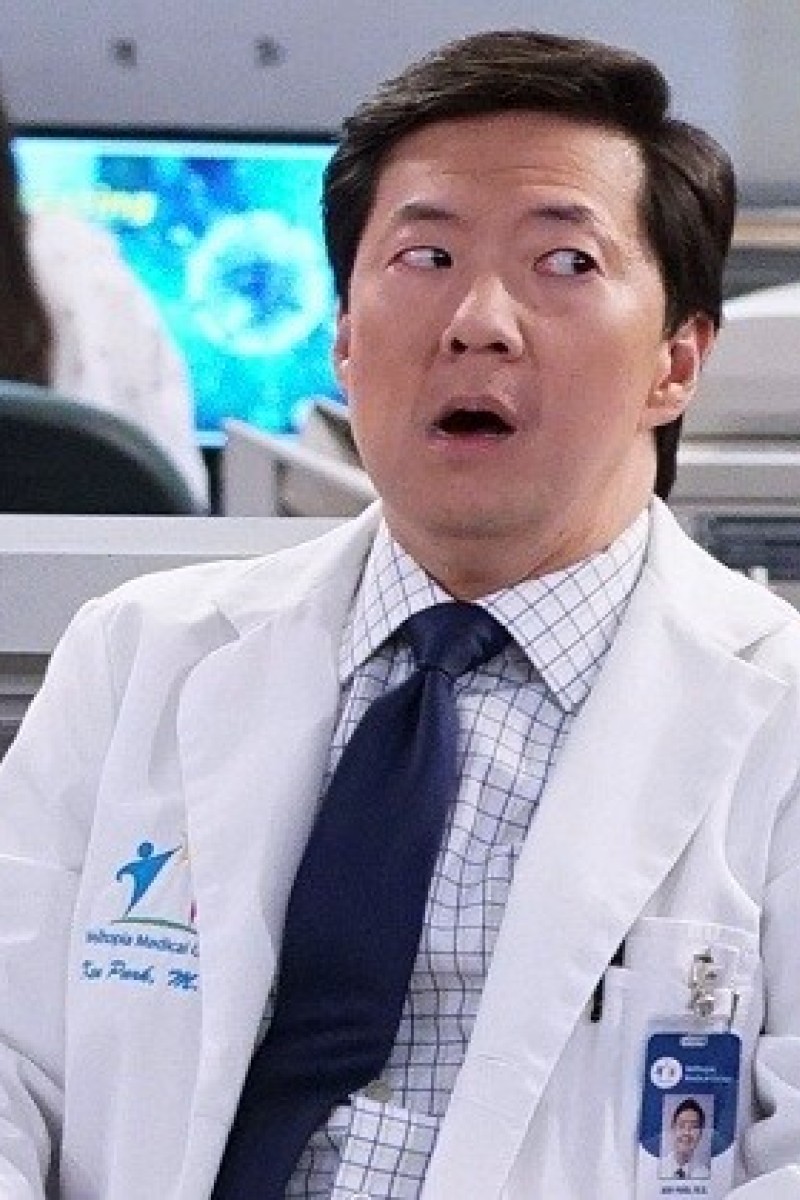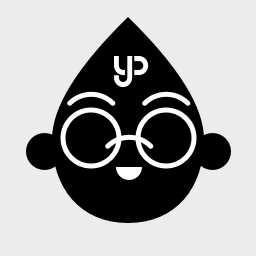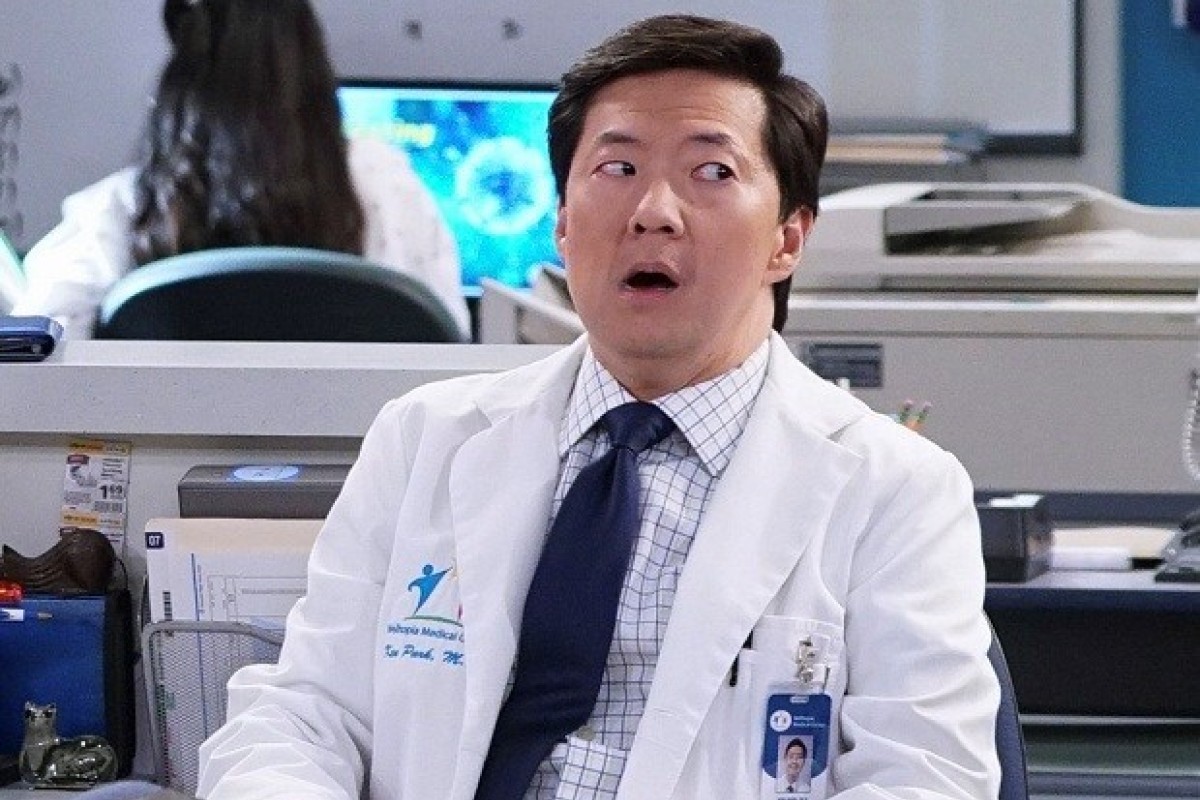
Letters from the dorm: Asians are still being stereotyped in Hollywood – and it’s 2018
We have come far from yellowface and made-up words, but there's still a ways to go before we see true Asian representation in TV and film

 Ken Jeong has played many roles that stereotype Asians, though it's not necessarily his fault.
Ken Jeong has played many roles that stereotype Asians, though it's not necessarily his fault.Two years ago, I sat in my dorm as the Academy Awards began, an event I’ve always looked forward to watching. That night in particular, I was eagerly awaiting Chris Rock’s turn as host – he would, for sure, address the #OscarsSoWhite outcry which came about because of the lack of minority representation in award nominations that year, as well as in general in Hollywood.
He would do it, I thought, with his trademark sharp humour and his biting social commentary. You can understand my confusion when, after the advert break, the awards show cut to three young Asian boys on stage, wearing suits and carrying briefcases.
Rock jokingly introduced the three as the most “dedicated, accurate, and hardworking representatives” of accounting firm Pricewaterhouse Coopers. They were, he said, sent to count the votes. There was scattered laughter, after which he followed up with: “If anybody’s upset about that joke, just tweet about it on your phone – that was also made by these kids.”
That second joke, with its reference to the exploitation of child labour in Asia, received rapturous laughter on and off-screen. I could hear other people in the dorm laughing. The three boys continued to stand on stage, faces solemn like they didn’t understand the joke.My excitement and enjoyment of that night was immediately dampened. Funny, I thought to myself sarcastically.
The Oscars had, until that point, spent the entire ceremony atoning for having had an all-white roster of acting nominees by talking about the importance of diversity and the unifying power of movies. To stereotype Asians as child labourers incapable of speaking English – minutes after a frank monologue on Black Lives Matter – felt like an undermining of the theme of minority representation.
I also felt bad for the boys on stage. Even if they had consented to the skit, they were still being used as props for an Ill-advised joke, and were, on TV, the faces of a horrible stereotype. I watched as they trudged offstage after Rock dismissed them, and the laughter that accompanied their departure echoed in my ears.
In a world that is as connected as ours is now, I had hoped that Asian people would no longer be subject to inaccurate stereotypes on-screen. I had hoped that Asian actors could serve as romantic leads, or as fearless action heroes in Western movies without question. We’re seeing some progress. Asian actors have getting more opportunities to play in roles that goes against the ones they’d traditionally be cast in.
We’ve seen the rise of US TV series Fresh Off The Boat, as well as the soon-to-be-released Warner Brothers’ film Crazy Rich Asians. Both feature nuanced Asian characters who subvert traditional depictions. Nevertheless, those roles are still in the minority. Racial stereotyping is still prevalent today, and my enjoyment of movies and TV shows – whose humour is otherwise creative and sharp – continues to be disrupted by the presence of Asian stereotypes.
In the Hangover trilogy, Korean-American Ken Jeong plays Leslie Chow, a buffoonish Chinese gangster with a heavy accent. He is seen as inferior by the white protagonists, and his effeminacy is reinforced through his actions and his name, Leslie.
On TV show Silicon Valley, the primary Asian character, Jian-Yang, is a conniving Chinese immigrant with a bowl cut and broken English. This is despite the high number of Asian-Americans that are found working in the tech industry – no bowl cut necessary.
I don’t blame Jeong, or any of the other actors who’ve portrayed these stereotypical characters. Often, characters like Jian Yang and Chow are the most on-screen representation Asians will get. We’ve seen, in recent years, characters (originally intended to be Asian) subject to whitewashing. White actresses, like Emma Stone and Scarlett Johansson, have taken on roles that were first written as Asian. White characters are also inserted into an Asian setting (for fear that if there is no one identifiable or relatable to the viewers, a film would flop), like Matt Damon in The Great Wall.
The duelling problems of whitewashing and stereotyping in movies have got me wondering – is it better for my culture and ethnicity to be represented in an inaccurate way, that perpetuates harmful misconceptions, or is it more helpful if my culture is not represented at all? These portrayals, or lack thereof, reinforce to myself and other Asian children, that we’re still the “other”. We may speak English fluently, and we may be fully immersed in a culture not our own, but we are still different. These stereotypes and whitewashing say to us that our stories and our culture are not as complex, not as entertaining, and not as important, as the stories and culture of others.
Edited by Ginny Wong
